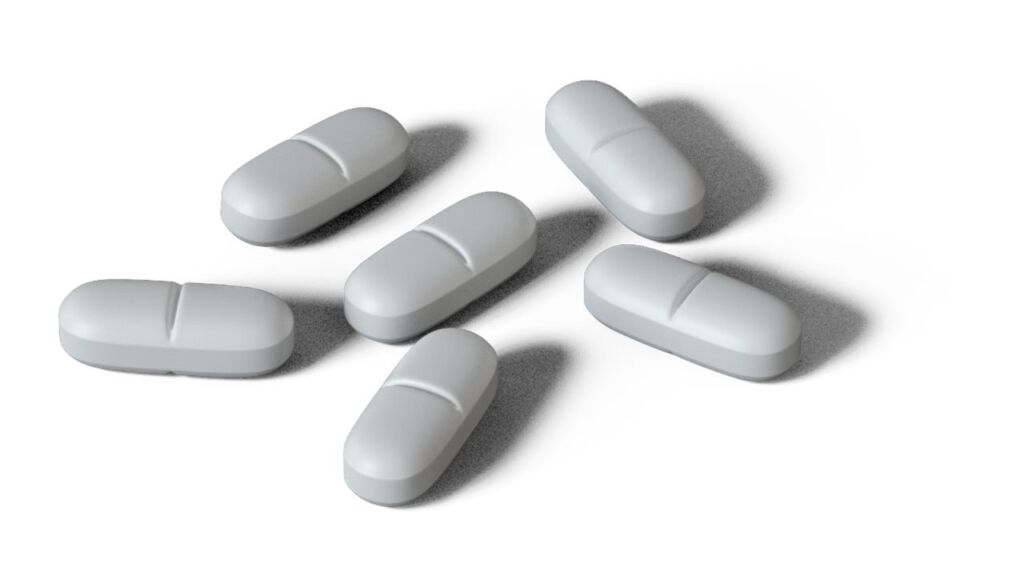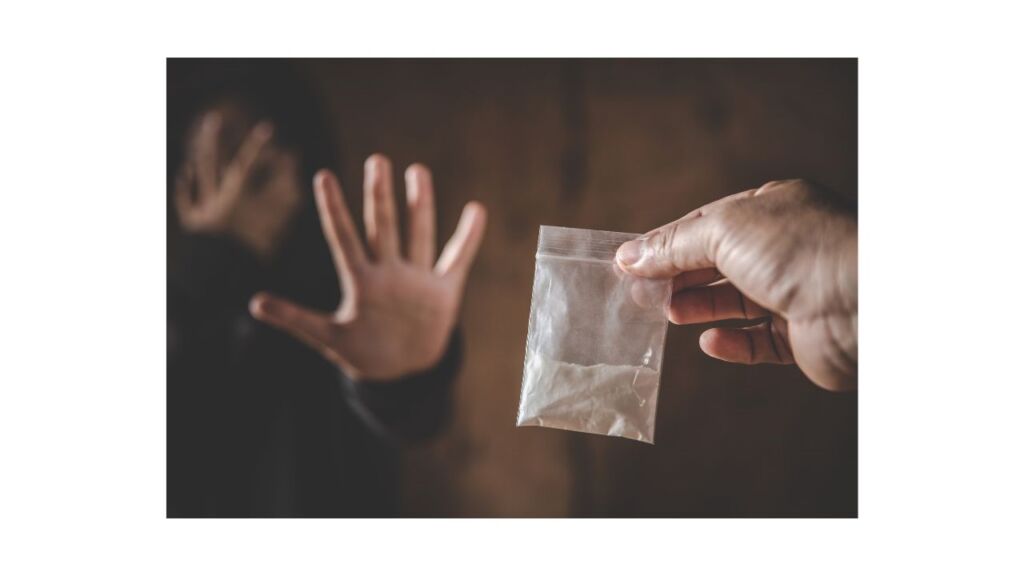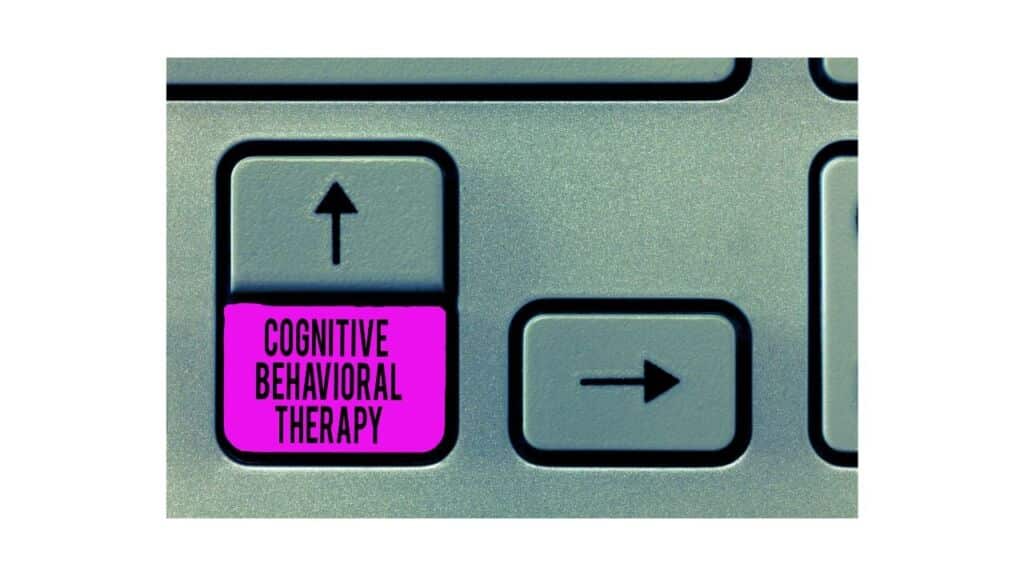Beating addiction is a turbulent journey, and a comprehensive treatment plan is needed for the same. (1) Medication-assisted treatment or MAT refers to the treatment program wherein medication is combined with behavioral therapy to overcome addiction. (2)
The purpose is to ensure that the withdrawal symptoms are managed to the maximum. When individuals with addiction don’t have to experience drug cravings frequently, it improves the chances of sustained recovery significantly.
The Basics Of Medication-Assisted Treatment: What You Should Know
This is basically a comprehensive approach that has shown highly promising results in reducing cravings and managing withdrawal symptoms. Maintaining sobriety becomes easier when there’s minimal risk of succumbing to temptation.
The treatment is designed to address the underlying psychological and physiological factors leading to addiction. People with addiction develop imbalances in their brain which prevents them from giving up on drugs or alcohol. (3) With the right medicines, these imbalances can be addressed, thereby alleviating withdrawal symptoms and helping you make progress on the road to recovery.
Note that medication-assisted treatment is not definite. There’s no single medicine that can work for everyone with addiction. Instead, healthcare professionals decide on the medications and dosing schedules as per the individual’s specific case and needs.
Medication-assisted treatment comprises the use of FDA-approved drugs to minimize the physical and psychological symptoms that can develop due to withdrawal of the substance the person is addicted to.
The patients with addiction are given a steady and controlled dose of medication which helps them manage their cravings and avoid the risk of relapse. In the meanwhile, they have to use other methods of addiction treatment, like therapy, to their full potential too.
MAT should always be used alongside counseling and behavioral therapy if full addiction recovery is to be ensured. (4) Essentially, there are three primary components of a successful MAT program. These include,
Medication
A lot of people are reluctant to use drugs to overcome their addiction because they feel that they are basically replacing one drug with another. But that’s far from reality. Drugs prescribed during medication-assisted treatment are prescribed considering various relevant factors. These include the patient’s health, history, the substance he is addicted to, the extent of his addiction, and so on.
The drugs prescribed do not work as substitutes for opioids, alcohol, or other substances. Instead, they are approved by FDA due to their safety profile. These drugs help detoxify your body and prevent withdrawal symptoms from testing your resolve to get clean.

Drugs used in MAT, like methadone, indeed reduce withdrawal symptoms but also block the high you typically get from substance abuse. Note that withdrawal symptoms can sometimes get pretty overwhelming and can be a major roadblock to your recovery. These symptoms include
- Aggression
- Memory lapses
- Headaches
- Tachycardia
- Loss of appetite
- Insomnia
- Hallucinations
- Anxiety
- GI disturbances
Therefore, it’s necessary that your body and brain are given enough time to adjust to the change of not being given the substance they are addicted to. Substance abuse requires gradual cessation of the drugs, and in the meanwhile, MAT can help deal with the withdrawal symptoms.
Counseling



While medications take care of your withdrawal symptoms, you get time to work on yourself and develop self-worth. And this wouldn’t be possible without counseling. No patient will seek treatment for his addiction until he actually accepts that he has a problem. This is the first stage of the addiction treatment program.
Counseling helps the patient realize that his addiction is actually a disease that’s not only compromising his quality of life but affecting his entire family. During counseling, the patient is given a way out. He is told that it’s indeed possible to overcome addiction if he is willing to put in the effort.
Behavioral Therapy
Finally, the patients need some coping mechanisms which will prevent relapse and help them create a better future. People with addiction typically need a complete overhaul in their behavior, from their sleep, working habits, and physical lifestyle to the places they visit and the people they meet.



During this stage of treatment, patients are taught how to calm their minds and body and seek relief from their distorted thoughts. The therapy also helps them build confidence.
Benefits Of Medication-Assisted Treatment
Most experts believe that medication-assistant treatment is an invaluable component of addiction treatment. Here’s why.
- It eases withdrawal symptoms, enabling the patient to stick to his recovery plan without testing his resolve or putting him under unnecessary strain.
- The success rate of individuals who have managed to beat addiction with medication-assisted treatment is significantly higher compared to those who rely on a non-medicine treatment approach.
- As cravings are reduced in MAT, the risk of overdose is significantly less too.
- Addiction can be overwhelming and can affect your mental health drastically, but with the right medications, you can prevent relapses and gain better control over your mind and mental state.
- Medicines used during MAT are beneficial for cognitive functioning and help you focus on your recovery and therapy better.
- A comprehensive treatment program comprising MAT, counseling, and behavioral therapy has a better chance of leading to long-term recovery.
Working With Healthcare Providers For MAT
Medication-assisted treatment is not possible without healthcare providers. They take a pretty detailed approach to ensure that every patient gets a treatment program tailored to his specific needs.
- It begins with assessment and diagnosis, wherein the professional assesses the severity of the addiction and then works on the appropriate treatment plan.
- The healthcare provider then prescribes medicines and monitors their use to ensure that the right dose is given to the patient to alleviate withdrawal symptoms and reduce cravings.
- The professional keeps a close tab on the effects of these medications and the progress of the individual, adjusting the dose as required.
- The healthcare provider ensures that MAT is coordinated with counseling and therapy for long-term results. At the same time, he can also educate his patients on how the treatment will work out.
Remember that overcoming addiction needs time and effort. It’s a long process, and you need people who can support you on this journey. If you need guidance to overcome your addiction or if you feel any of your loved ones need help, you can always count on Akasha Recovery center to have your back.
FAQ
MAT is a form of treatment for substance use disorder that combines medication with counseling and behavioral therapies. It helps to reduce cravings and withdrawal symptoms, while also providing support to help individuals stay in recovery.
MAT helps individuals in recovery by providing medications that can reduce cravings and withdrawal symptoms, as well as providing counseling and behavioral therapies that can help individuals learn new coping skills and strategies for managing their addiction. Additionally, MAT can provide support to help individuals stay in recovery long-term.
The type of medication used in MAT depends on the individual’s needs and the type of substance they are recovering from. Commonly used medications include methadone, buprenorphine, naltrexone, and acamprosate.
Anyone who is struggling with an addiction should consider using MAT as part of their recovery plan. It is important to speak with a healthcare professional about your options so you can make an informed decision about what is best for you
Yes, there are potential risks associated with using MAT such as potential side effects or interactions between medications and other substances or medical conditions. It is important to speak with a healthcare professional before starting any type of medication-assisted treatment program so they can assess your individual needs and determine if it is right for you.


